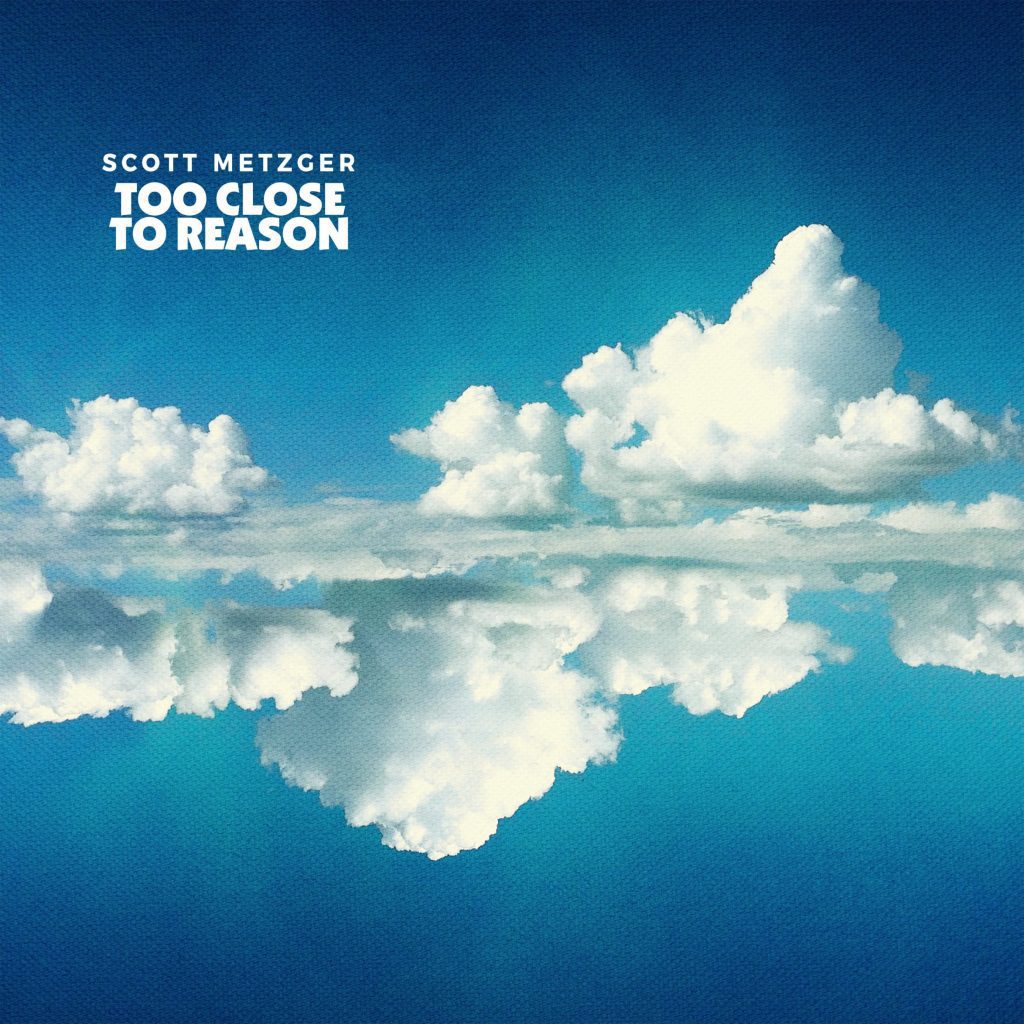ALBUM REVIEW: Guitarist Scott Metzger Spans Styles for Introspective ‘Too Close to Reason’

Brooklyn-based guitarist Scott Metzger has garnered quite the rep during a 20-plus year career that has seen him collaborate with everyone from Nels Cline and Shooter Jennings to Dean Ween. He’s also become a pivotal component in Joe Russo’s Almost Dead, a group dedicated to reimagining the iconic canon of Captain Trips and company. Now this maestro of myriad styles and untold sideman appearances has finally struck out alone, with an all-instrumental collection composed during the solitude of lockdown.
An introspective and often enigmatic collection, Too Close to Reason hops between the blissfully countrified and furtively abstract throughout its ruminations on the plaintive properties of acoustic guitar. More conventional tracks, such as “Don’t Be a Stranger” and “Talk Like That,” bear the clear influence of Django Reinhardt and Chet Atkins, with twisty fretboard flurries and syncopated rhythmic chops married to the kinds of pastoral melody that Curtis Harvey might have written. This is music born of tradition, where you can still smell the earth hanging from its roots. But punctuating these charmingly orthodox offerings are less linear moments of often inspired experimentation. The quietly dissonant, whistling, fluttering EBow hum of “Appropriate Wattage” is a mightily bold opening gambit, while the spidery paroxysms on “Damage” recall the awkward non-idiomatic improvisations of the late Derek Bailey.
Contrasts occasionally threaten to impede the flow of a full-length brimming with individual highlights, the brusque transitions between clashing styles sometimes too tricky to parse. Indeed, Too Close to Reason works best when Metzger reconciles the rift between his two approaches within the confines of the same piece — the gentle ebb-and-flow of “Only Child,” where consoling arpeggios and swooning slide are anchored by Katie Jacoby’s violin drone, and the widescreen raga of “Dream Room (part one).” Both are alive with an understated sense of artistic and atmospheric adventure, making a detour from the obvious with all the languid majesty of Eyvind Kang’s sorely overlooked masterpiece, Live Low to the Earth, In the Iron Age.
Time and seclusion allow for periods of self-analysis, and Metzger has evidently grasped the opportunities afforded by his period in isolation. Even with more than two decades in the game, he retains an appetite for examination and evolution. Indeed, this solo debut is as much about his development as a musician as it is about a suite of atmospheric moods signifying a finely struck balance between bristling tension and a refinement of technique.


